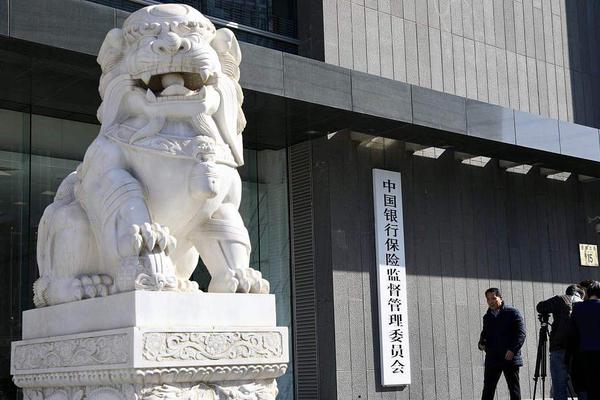大家好,今天小编来为大家解答hpv是什么病毒图片这个问题,hpv病毒是什么很多人还不知道,现在让我们一起来看看吧!本文目录hpv病毒是什么hpv病毒是艾滋病吗hpv病毒从哪里来的hpv病毒是怎么被感染
玻璃是我们日常生活中经常接触和使用的物品,从玻璃杯这类生活用品到玻璃幕墙一类的建筑装饰材料,玻璃为世界文明的发展做出了非常大的贡献。接下来我们将简单介绍点支撑式玻璃幕墙的结构,说明点支撑玻璃幕墙构成部
11月7日,落户于华安县经济开发区的福建东晶玻璃有限公司生产车间里,技术人员正忙于设备安装和调试机器,大型全自动快速双边磨边机在工程师的调试下切割出一片片磨边玻璃。据了解,该项目总投入资金5000万元
玻璃主要分为平板玻璃与深加工玻璃两个大类,其中平板玻璃主要有三种:引上法平板玻璃分有槽/无槽两种)、平拉法平板玻璃和浮法玻璃。深加工玻璃则由平板玻璃加工制成,应用范围较广。想要知道自动玻璃切割台的特点
大家都关心买了达尔文8号重疾险,万一出险理赔了怎么办?别担心,只要在官方投保入口投保的达尔文8号重疾险,都可以享受专业的“小马理赔”服务团队,提供协助核保、疑问解答,以及出险协助理赔等服务。从挑选产品
https://image11.m1905.cn/uploadfile/2024/0411/thumb_1_118_74_20240411110336599435.jpg
二、结果与讨论1、金樱子棕色素的最佳提取工艺条件石油醚脱脂后,在温度为70℃,料液比1∶6的条件下,用浓度为60%的乙醇水溶液提取2h,将过滤后得到的滤液经超滤膜分离处理后,用大孔吸附树脂分离富集,最
日常生活中我们经常会接触到各种类型的玻璃材料,除了传统的平板玻璃以外,还有超白玻璃、高硼硅玻璃等具有特殊性质的玻璃材料,以及中空玻璃、夹胶玻璃一类的常用材料。为了让大家进一步认识弯钢玻璃与热弯玻璃的特
玻璃由于种类丰富,能够适用于各种场合,因此前景广阔,一直受到消费者的喜爱。我们在挑选玻璃时,除了关注其价格,还应该关注各类玻璃不同的性质,从中挑选更适合自家使用的类型。为了帮助大家了解镶嵌玻璃产品质量
http://pic1.k1u.com/k1u/mb/d/file/20240506/1714989708940988_836_10000.jpg|http://pic1.k1u.com/k1u/mb
